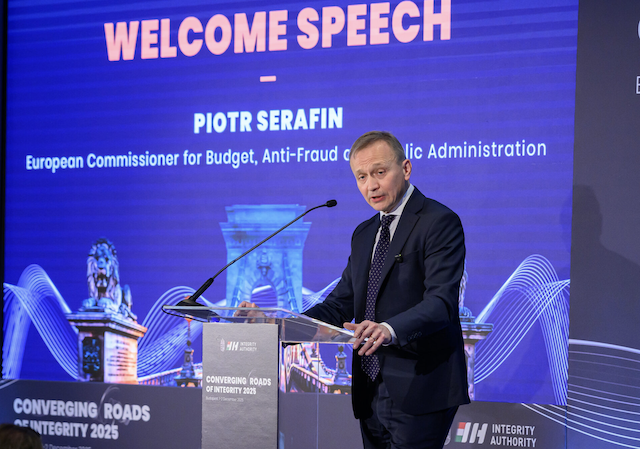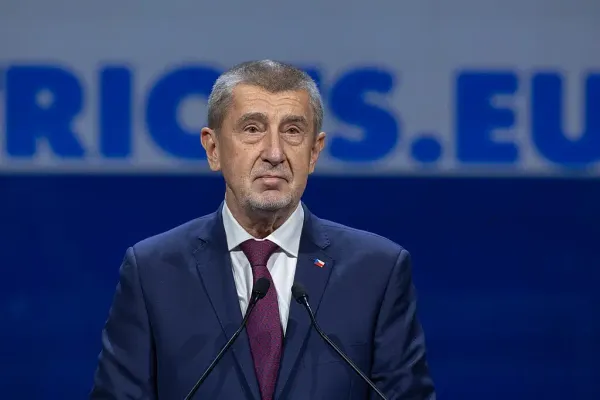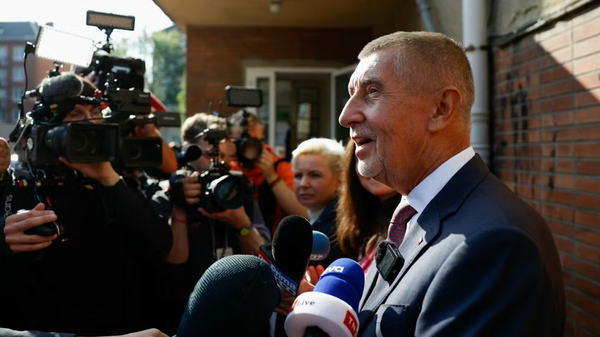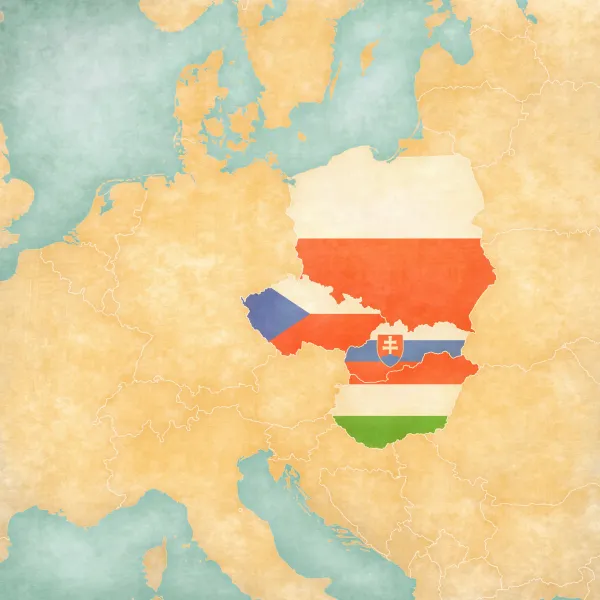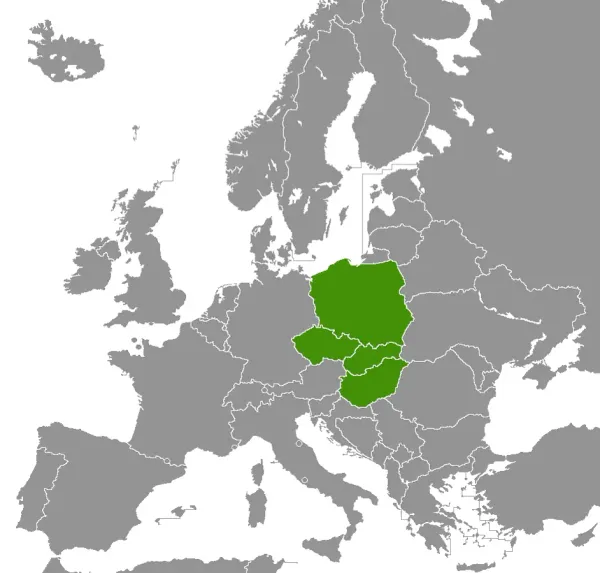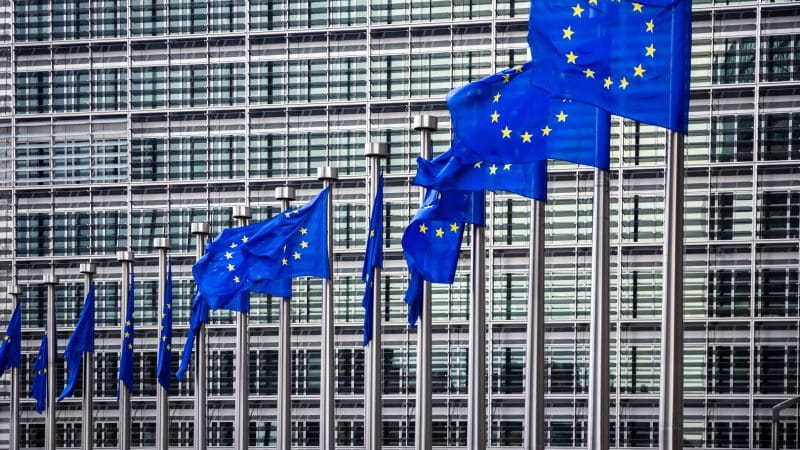
EU offers CEE countries extended deadline for Russian oil embargo
The EU has revised its proposal to ban Russia oil imports by the end of 2022, in order to give Hungary and Slovakia an extra two years to comply. The third country offered a deadline extension by the EU is Czechia, which would have a six-month earlier deadline, of June 2024.
Czechia has so far appeared the most persuadable of the three landlocked Central and Eastern Europe (CEE) countries regarding the embargo, with Czech Prime Minister Petr Fiala even mentioning the establishment of a working group on alternative supplies when he visited Berlin yesterday.
Slovakia appears less convinced by the offer of a deadline extension until the end of 2024. Slovak Economy Minister Richard Sulik said on Thursday that it supports the plan to phase out Russian oil, but would need until December 2025.
By far the most vociferous opponent to the sanctions proposal was Hungarian Prime Minister Viktor Orban, who demanded a five-year exemption, and likened an embargo to dropping a “nuclear bomb” on Hungary’s economy.
Orban accused the EU of creating a problem that would take Hungary five years to solve, without offering a solution. An oil embargo would require a huge overhaul of Hungary’s oil refineries, he said.
The Hungarian government has reportedly already returned the draft proposal to President of the European Commission Ursula von der Leyen.
More unexpectedly, Orban also said Hungary would additionally veto planned sanctions against Russian Orthodox Church leader Patriarch Kirill of Moscow, a close ally of Russian President Vladimir Putin.
Former Russian President Dmitry Medvedev, said Orban had “made a brave move for a mute Europe. He refused to support an energy embargo that would be harmful to his economy and the crazy sanctions against religious figures,” state news agency TASS reported.
The sanctions package against Russia would require unanimous approval from all 27 EU member states.

